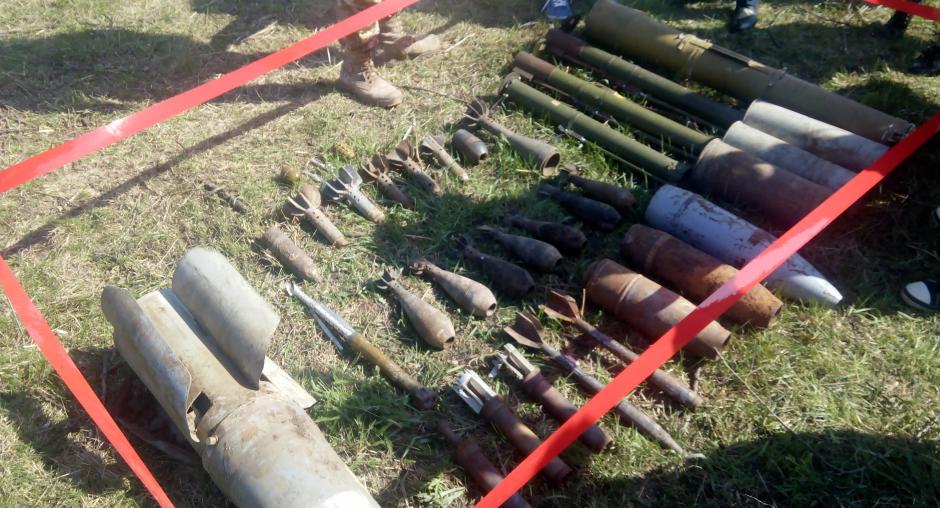Ukrainian parliament adopts legal framework for mine action, with OSCE advice provided

Ukraine’s Mine Action Law was adopted by the parliament on 6 December 2018, after consultations with the Project Co-ordinator, who provided advice on the content. It establishes a framework for humanitarian demining, divides responsibilities among state institutions, and envisages the creation of a mine action centre.
Since 2015, the Project Co-ordinator has focused its efforts on providing access to international best practices and experiences in regulating response to mines and unexploded ordnances (UXO) contamination to officials and Members of Parliament.
“The legislation is an impetus for strengthening co-ordinated efforts from all actors, governmental and non-governmental, to minimize the risks for people living in mine-affected communities in the eastern part of the country,” said Jeffrey Erlich, Senior Project Officer of the OSCE Project Co-ordinator in Ukraine. “The law should also make Ukraine more eligible for international assistance by creating a civilian-led mine action system that will enable transparency, accountability and better priority settings.”
The law also refers to National Mine Action Standards, finalized this year and to be published by standardization authorities. The Standards document is an outcome of a multi-year dialogue facilitated by the Project Co-ordinator, including interagency discussions and meetings with communities affected by explosive contamination in eastern Ukraine. The document is based on the UN International Mine Action Standards (IMAS), but provides adaptations with regard to country specifics, and establishes requirements for all aspects of mine action, including information management, equipment, personnel, area examination and clearing, quality control and risk education.
